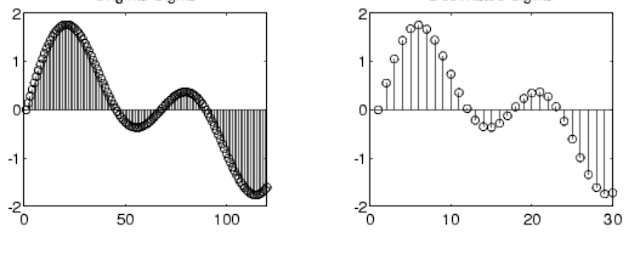Events of this week have revealed a horrible patch of ignorance in the United States, one that is usually undone in grammar school. This classic homonymic error happens a dozen times before breakfast in your social media feed, and you don’t want to be the one with egg on their face. I speak of course of “capital" versus "capitol.” Capital means several things: it can refer to accumulated wealth (business equipment purchases require a capital investment), an uppercase letter (a capital “Q” delineates terminal gullibility), or a city that serves as the seat of a country’s or state’s government (the capital of Vermont is Montpelier). Capitol means only one thing: a building in which an entity’s legislature resides. Capitol is reserved only for the building, not the city where the building resides. The capitol is always located in the capital city. The capitalization of “capitol” is another matter! When you reference a capitol building specifically, like when you say, “I am going to storm the United States Capitol,” you do capitalize “capitol.” When you say, “My fellow whackadoodles are going to storm every capitol building in the country,” you do not capitalize “capitol,” as it doesn’t refer to a particular one.
The Grammar Dance will appear occasionally, and will seek to illuminate some language oddity, or perhaps unbutton some thorny grammatical or usage quirk embedded in our English language. These entries will be brief and easily digestible, and I hope they will become part of your reading.
Wednesday, January 13, 2021
It would be a capital idea to capitalize on the common misuse of "capitol"
Monday, January 4, 2021
North, South, East and West qualifiers
I’m from New England and I live in California. When I refer to my native home, I say “back east,” and when I’m home and referring to my adopted city of Los Angeles, I say, “out west.” You would never say “back west” or “out east.” How did these conventions begin?
“Back east” and “out west” emerged at approximately the same time, and as you might guess, it was during the western expansion of the United States. The east was the settled area, the known quantity. If you were going west, you were going out west, into the unknown, and if you were coming back, you were headed back east, returning to the familiar. In most sentences, these expressions will serve as adverbs, as they typically modify the verb. In the sentence, "I am going back east," the word "back" offers more details on the verb, "going." If you answer the question, "Where in the heck is he?" by simply saying, "Back East," the word "back" behaves as a preposition.
So what of the other chief compass points? It’s “up north” or “down south,” obviously because of a map’s orientation. The word “up” probably ought to refer to a direction away from the center of the Earth, while the word “down” ought to indicate a direction towards it. Our frame of reference for North and South is a physical positioning of up and down, whereas at least as far as adverbial expressions go, the East and West seem more to be derived from a frame of mind.
Saturday, December 12, 2020
Verb-verb homophones and homonyms and the past participles who love them
Past participles of verbs are often spelled differently than their homophones and homonyms. Whether the farmer baled hay or the sailor bailed water, they both pronounced it the same, but if they wrote someone about the experience, they spelled it differently. Sometimes they aren't even pronounced the same. The simple past tense of "break" is "broke," whereas the simple past tense of "brake" is "braked." The car braked and the windshield broke. The same is true of the homonyms for "lie." She lay in my bed and lied to me. It’s not true of King Alulim, who some Sumerian texts claim to have been at the throne during the time of Noah’s flood. He reigned until it rained. Homophones in this case. A tangentially related matter is the word "hang," whose past participle changes once it is a means of execution—a picture is hung, a man is hanged. That's gotten a little fuzzy in recent years, but the classic western hangin' judge utterance (and who would know better) is "hanged."






